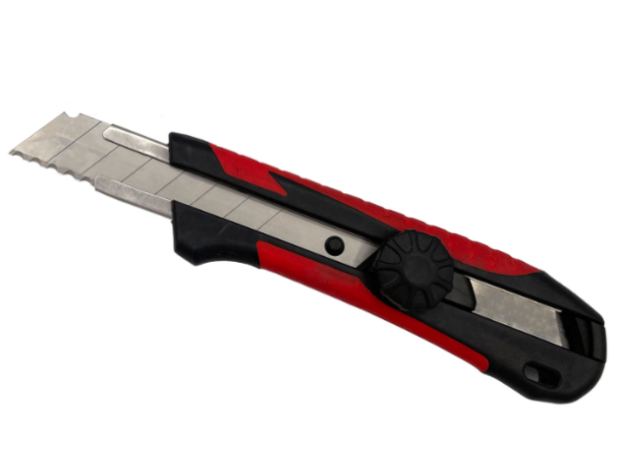
Managing scrap metal waste effectively is crucial for industries and the environment. As the demand for metal resources increases, so does the need for efficient recycling methods. Proper management can reduce landfill waste, conserve natural resources, and contribute to a circular economy.
Importance of Scrap Metal Recycling
Scrap metal recycling plays a vital role in sustainability. It helps recover valuable materials, reducing the need for virgin resources. This process minimizes environmental impact and promotes resource conservation. Industries can also benefit financially selling scrap metals. This creates a win-win situation for businesses and the planet.
Understanding Ferrous and Non-Ferrous Metals
In scrap metal recycling, it is essential to distinguish between ferrous and non-ferrous metals. Ferrous metals contain iron and are magnetic. Common examples include steel and cast iron. Non-ferrous metals, such as aluminum and copper, do not contain iron and are not magnetic. Understanding these categories aids in efficient recycling practices.
The Role of Bale Wire in Scrap Management
Bale wire is a critical component in scrap metal management. It is used to bind and package scrap metal into bales. This method enhances storage and transportation efficiency. By compacting metal waste, bale wire reduces volume and improves handling. This simple yet effective tool is essential for recycling facilities.
Effective Collection Methods
Establishing efficient collection methods is vital for managing scrap metal waste. Many businesses implement designated collection bins for ferrous and non-ferrous metals. These bins encourage employees and customers to dispose of scrap metals properly. Regular pickups ensure that waste does not accumulate, keeping facilities organized.
Sorting and Processing Scrap Metals
Sorting is a crucial step in the recycling process. Effective sorting separates different metal types, ensuring that ferrous and non-ferrous metals are processed correctly. Advanced technologies, such as magnetic separators, can streamline this process. Once sorted, metals can be processed for recycling, increasing their value and reducing waste.
Innovations in Ferrous Metal Recycling
Recent innovations in ferrous metal recycling have enhanced efficiency and effectiveness. Advanced shredders and crushers can quickly break down large scrap pieces into smaller, manageable sizes. This not only increases the recycling rate but also improves the quality of the recycled metal. New technologies are continuously emerging to optimize these processes.
Environmental Benefits of Effective Scrap Management
Implementing effective scrap metal management practices brings significant environmental benefits. Recycling reduces greenhouse gas emissions associated with mining and refining metals. It conserves energy and natural resources, leading to a smaller ecological footprint. Furthermore, responsible waste management can create job opportunities in recycling facilities.
Conclusion
Managing scrap metal waste effectively is essential for sustainability and resource conservation. The use of bale wire aids in the efficient handling and packaging of scrap metals. Understanding the differences between ferrous and non-ferrous metals helps streamline recycling efforts. By adopting innovative collection, sorting, and processing methods, industries can significantly enhance their scrap metal management practices.
Investing in effective scrap metal waste management not only benefits businesses but also contributes to a greener future. As the global demand for recycled metals continues to rise, adopting these practices will be crucial for sustainable development.


